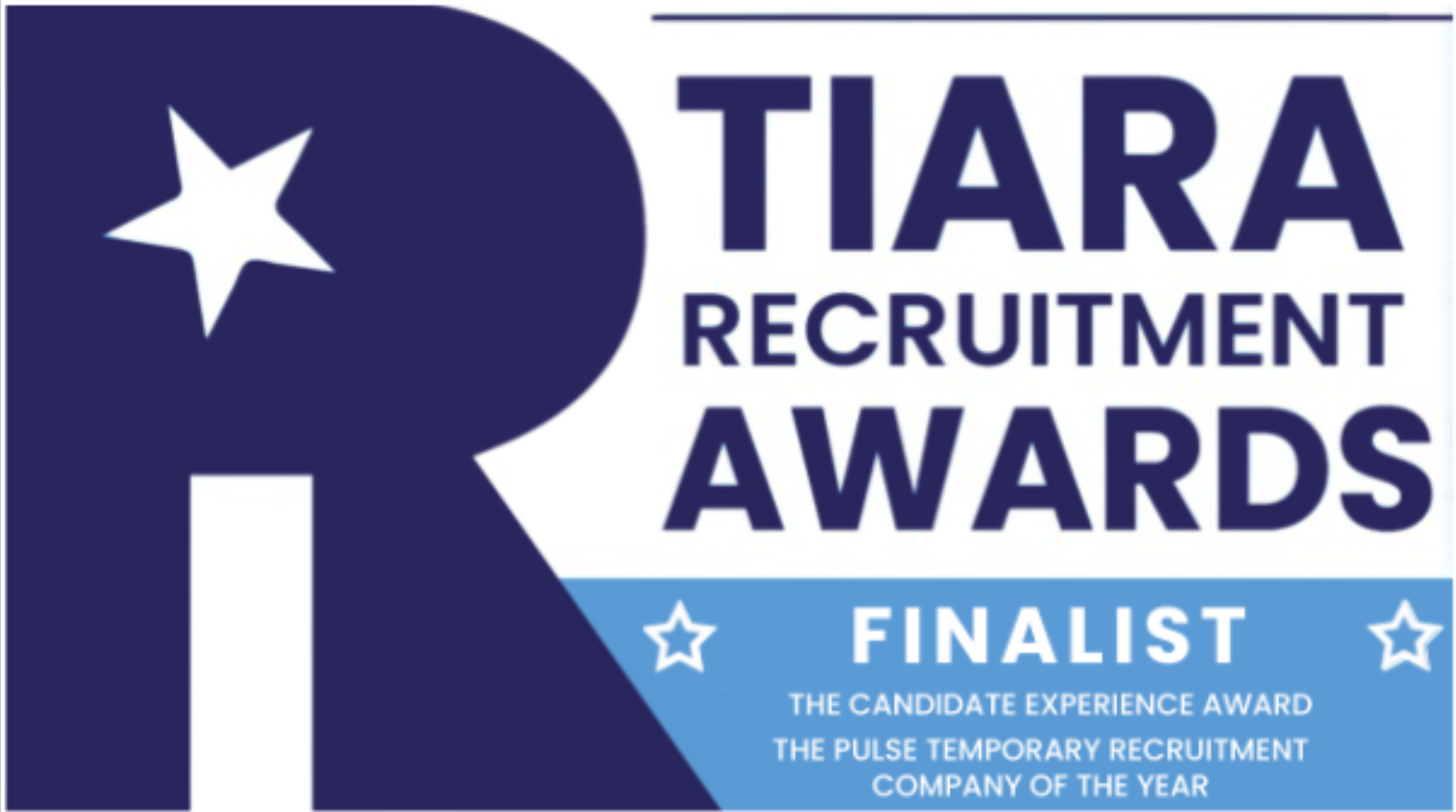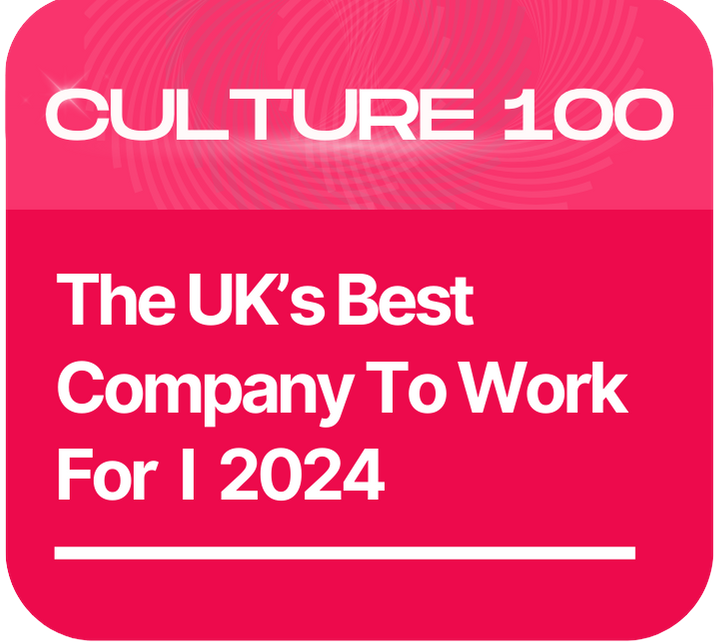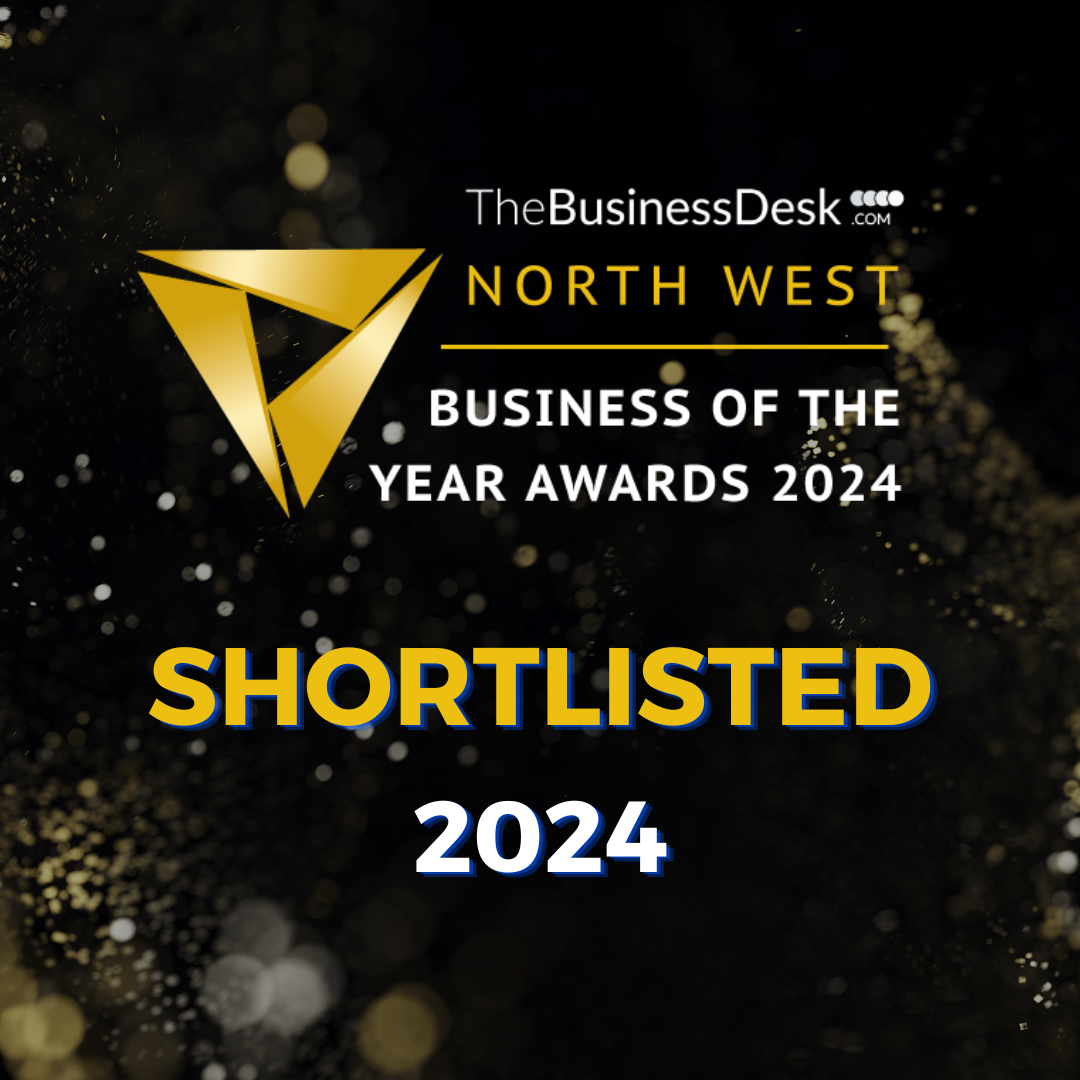Navigating Aviation Recruitment: Your Path to the Sky

Welcome to our Aviation recruitment insight blog! If you’re dreaming of a career in the skies, understanding the sector, exploring the available roles, tailoring your CV, and staying updated with industry trends are key components of your journey. In this comprehensive guide, we’ll dive into each of these aspects to help you take off on a successful career path in aviation.
Understanding the Aviation Sector
The aviation sector encompasses a vast array of industries related to air travel. The aviation industry is the business sector dedicated to manufacturing, operating and maintaining all types of aircraft. V7 supports the maintenance part of this sector. Each time you visit the airport you will notice huge buildings alongside the runway. They are called aircraft Hangars – these are the buildings/companies that we partner with as clients.
Much like a car, a plane requires an MOT. In aviation terms these are known as checks. They range from A-D checks and are performed every 1-9 years depending on the level of check. A checks are very basic and can be performed in 3-4 days, D-checks require the aircraft to be stripped back to the bones and put back together again. Our job is to provide the engineers that are capable and qualified to perform these checks. The market is very seasonal. During summer, the majority of aircraft are flying people on summer holidays so we are quiet. During the winter is when the aircraft are maintained – resulting in our busiest period.

Roles Available
- EASA B1 Engineers
- EASA B2 Engineers
- Aircraft Mechanics
- Cabin Mechanics
- Avionic Technicians
- Sheet Metal Workers
- Aircraft Painters
- Stores Personnel
- Maintenance Planners
Tailoring Your CV
When crafting your CV for the aviation industry, emphasise relevant skills and experiences:
- Highlight Technical Skills: Showcase your knowledge of aviation regulations, aircraft systems, and safety procedures.
- Detail Certifications and Licenses: List any relevant licenses, certifications, or ratings, such as maintenance certifications.
- Emphasise Safety Record: Highlight any safety initiatives you’ve been part of, showcasing your dedication to safety.
- Technical Courses: Be sure to mention any courses you have completed that are relevant to your work and add any additional skills and knowledge to help you gain the role.
The Aviation Market
The aviation industry is valued today at $815 Billion US Dollars. We are much further down the pecking order than Airbus & Boeing (as you probably guessed) – but Aviation is currently our market with the highest sales revenues and we forecast further growth over the coming years. This is something to consider when deciding on a sector to work in, the higher sales and projected market growth means an increase in jobs and also more job security. We specialise in contract placements which typically last for 6 months at a time.
One notable trend within the sector is the growing preference for sustainable and eco-friendly products. Another significant trend is the escalating integration of technology to enhance product quality and efficiency. Cutting-edge technologies like artificial intelligence, machine learning, and blockchain are being leveraged to develop innovative products that outperform traditional alternatives in terms of effectiveness and efficiency.

Keeping Up with Industry Trends
- Sustainable Aviation: Stay informed about the aviation industry’s efforts to reduce its environmental footprint through sustainable aviation fuels, carbon offset programs, and efficient aircraft designs.
- Technological Advancements: Learn about advancements in aircraft technology, automation, and digital solutions aimed at enhancing safety, fuel efficiency, and passenger experience.
- Aviation Safety Measures and Regulations: Stay updated on the latest safety regulations and best practices to ensure compliance and the highest level of safety in aviation operations.
- Adaptation to New Travel Norms: Understand how the industry is adapting to changing travel trends, health and safety protocols, and the implementation of contactless technologies post-pandemic.
The aviation sector offers exciting and rewarding career paths for individuals passionate about flight and technology. By understanding the sector, tailoring your CV, and keeping up with industry trends, you’ll be well on your way to soaring in the dynamic world of aviation.
If you’re looking for a career in Aviation or wanting to find a new contract, get in touch with our in-flight experts today! Once we’ve helped you land your new contract, we provide additional assistance to ensure it runs smoothly. We have a contracts coordinator on hand to book your travel and accommodation. We assist with airside pass applications, and provide an onsite linkman to ensure your contract is trouble-free, however far away.
Explore Live Job Roles Here
Fire & Security Compliance Guide for 2026
GET IN TOUCH

